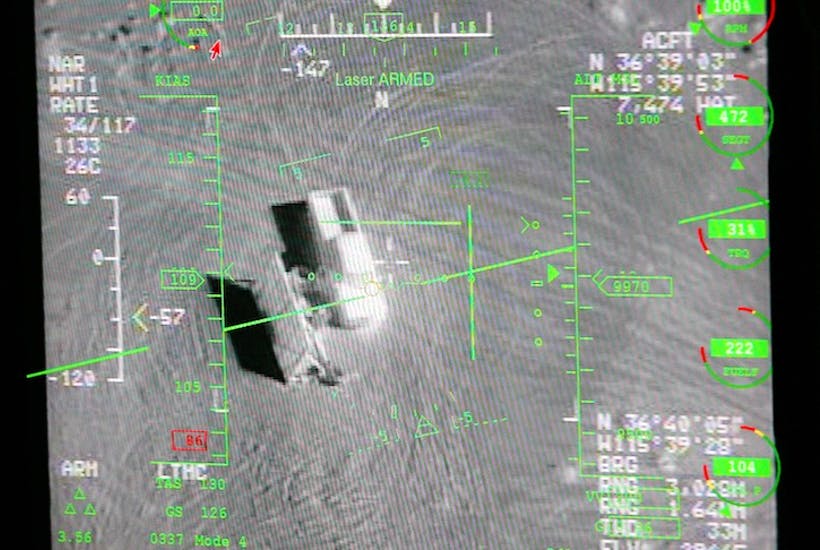It’s no surprise the Ministry of Defence is struggling to recruit and retain drone pilots. The psychological burden of operating these remote-controlled killing machines can be considerable. Although thousands of miles separate the target and the person pulling the trigger, there is no escape from the fundamental point that drone operators – for right or wrong – are tasked with taking a person’s life.
This story is also a reminder that each new era of warfare presents its own unique horrors. In my career as a military lawyer, before my ordination as a priest, I devoted a great deal of thought to the morality of war and questions about the legality of drone strikes.
The battlefield is constantly evolving. In times gone by, crossbows were considered immoral because they enabled a foot soldier to kill a knight at distance. In the First World War, long-range artillery was regarded with suspicion as it allowed targets to be engaged ‘beyond the horizon’.
The Reaper drone, manufactured by General Atomics – renamed Protectors when sold to the UK – are simply the latest manifestation of the future battlefield but, like weapons of old, they are not proscribed in law. The real question for our armed forces is not whether drones themselves are ethical but whether they are being used lawfully. Recent political developments give us little confidence that they are.
In 2015, David Cameron announced a ‘new departure’ for the UK government when it targeted and killed a British citizen and others in a drone strike in Syria. The strike against Reyaad Khan marked the first time the UK had deployed drones in a US-style targeted killing outside an area where parliament had approved military action. In fact, parliament had expressly refused the government permission to strike in Syria.
This ‘new departure’ was never properly explained and no attempt was made by the then Secretary of State for Defence to explain why the need for this drone strike was ‘imminent and overwhelming’ as required under international law.
Indeed, it appeared that the dates of his planned attacks had passed without coming to fruition, leading some commentators to suggest that this had been nothing more than an ‘extra-judicial killing’ and that this was possibly now government policy. The Rt Honourable David Davis MP, who would soon after join the cabinet, warned that the government ‘appear to have now a kill list policy… It does look unfortunately like the US policy which is ill-considered.’
In December 2017, then Defence Secretary Gavin Williamson all but endorsed a policy of carrying out extra-judicial killings far beyond the boundaries of the battlefield, on the specious basis that ‘a dead terrorist can’t cause any harm to Britain’. While this kind of tough talk may attract headlines for Ministers looking to project a superficial image of strength, it does our servicemen and women an unforgivable disservice. Brigadier John Donnelly quite rightly pointed out at the time to the minister that a professional army always seeks to act within the rule of law.
And now, just last week, our own Ministers have endorsed the US’s right to assassinate Qasem Soleimani, invoking the right to national self-defence. This endorsement was given despite the US’s shifting story about the nature of the supposedly imminent and overwhelming threat and why no other choice of means was available.
Soleimani had been at large for many years and across many military arenas so it is hard to know why this moment in time was so different from all others? Predictably, no satisfactory explanation was forthcoming from the Secretary of State for Defence either.
As a priest, I obviously endorse giving servicemen and women who are exposed to trauma in the course of their duty the very best medical and spiritual support. But if our politicians are asking our armed forces to participate in illegal actions, which can also result in the deaths of civilians, it is not enough to offer them counselling after the event. We should refrain from asking them to act illegally in the first place. And we should make sure we demand the same of our closest partners, whose own actions potentially risk the lives of our armed forces.
Just as in Iraq, where illegal interrogation techniques endorsed by ministers exposed soldiers to involvement in wrongdoing, we could severely mitigate the psychological impact by ensuring that we – and our partners – act, at all times, in accordance with the highest standards of international and domestic law.
Lt Col Nicholas Mercer was senior military legal adviser to the 1st Armoured Division during the Iraq war of 2003. He is now an Anglican priest






Comments